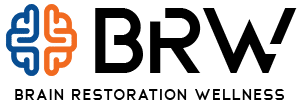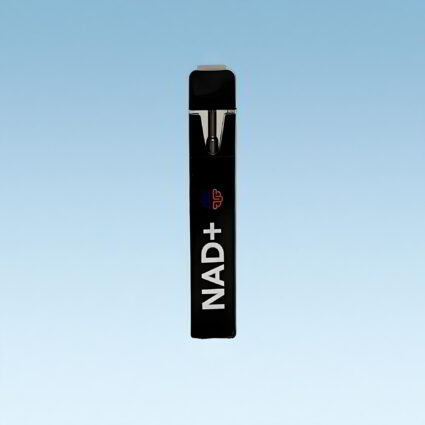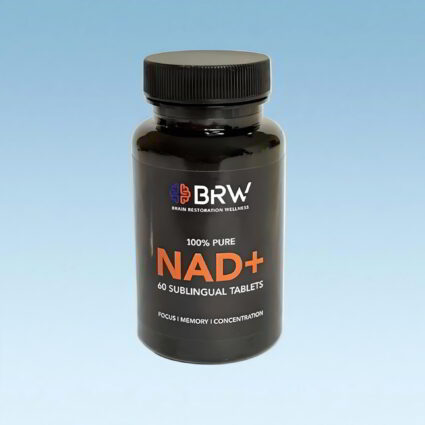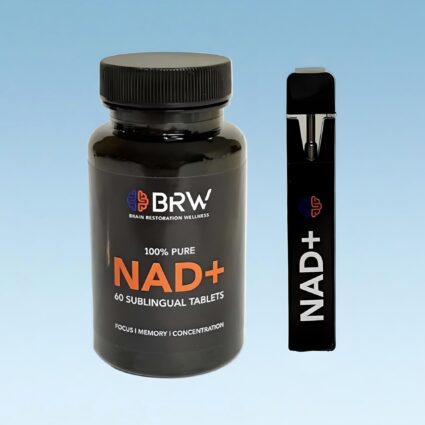NAD therapy, or Nicotinamide Adenine Dinucleotide therapy, is an innovative treatment that supports cellular function and energy production, often used in drug rehabilitation to help reduce withdrawal symptoms, restore brain function, and promote overall recovery. As this approach gains popularity, many people wonder what the process involves. If you’re considering NAD therapy, understanding what to expect can help ease concerns and set realistic expectations. This article explores the therapy in detail, from the initial assessment to post-treatment care, providing a clear and comprehensive overview of the journey.
Initial Assessment for NAD Therapy
The initial assessment for NAD therapy is crucial in developing a personalized treatment plan. Typically, it involves a thorough medical evaluation and a detailed discussion of the patient’s medical history and substance use. This step ensures that the therapy is tailored to the individual’s specific needs, maximizing its effectiveness.
- Medical professionals will conduct a comprehensive health evaluation.
- Patients discuss their substance use history and current health status.
- Personalized treatment plans are developed based on the assessment.
Preparing for NAD Therapy
Preparing for NAD therapy involves several important steps to ensure the best outcomes. Patients are usually advised to make specific dietary and lifestyle adjustments before starting the therapy. This preparation phase also includes setting realistic expectations about the therapy’s process and potential results.
- Follow recommended dietary guidelines to optimize therapy effectiveness.
- Adopt healthy lifestyle changes to support the treatment process.
- Understand the therapy’s goals and set realistic expectations.
NAD Therapy Sessions
NAD therapy sessions are the core of the treatment, where the actual healing process begins. During a typical session, patients receive intravenous infusions of NAD, which can last several hours. These sessions are conducted in a comfortable, clinical setting, with medical staff monitoring the patient throughout.
- Intravenous infusions of NAD typically last 4-6 hours.
- Sessions are conducted in a controlled, clinical environment.
- Patients are closely monitored by healthcare professionals.
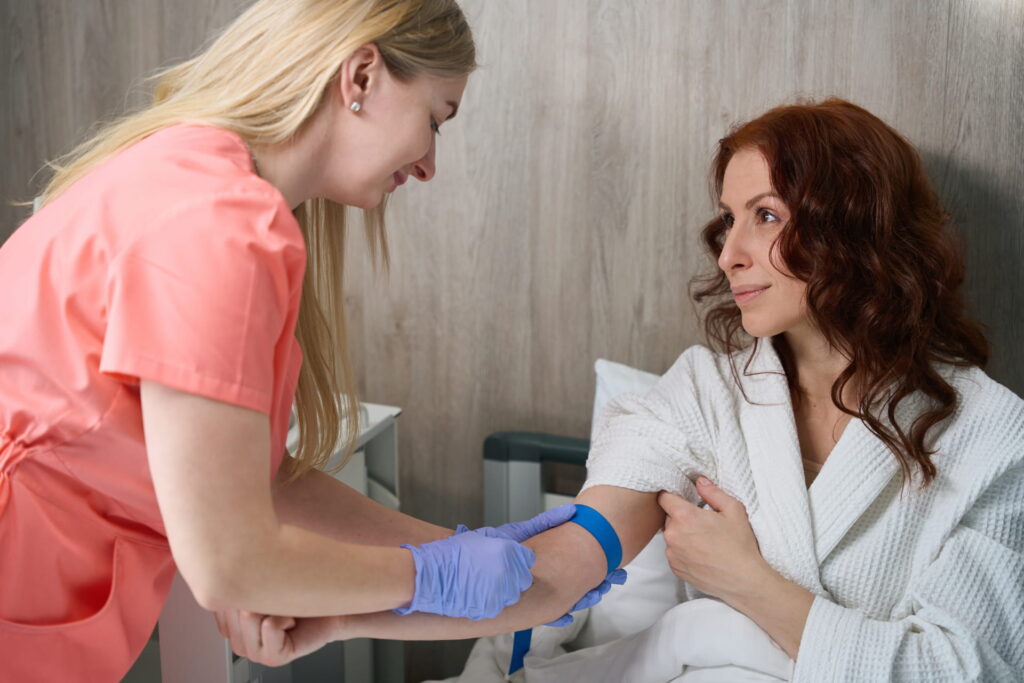
Monitoring and Adjustments
Continuous monitoring is an integral part of NAD therapy. Throughout the treatment, medical professionals keep a close eye on the patient’s response to the therapy. Adjustments to the treatment plan are made as needed to ensure the best possible outcomes.
- Regular monitoring ensures patient safety and effectiveness of the therapy.
- Treatment plans are adjusted based on individual responses.
- Open communication with healthcare providers is encouraged.
Managing Side Effects
Managing side effects is a key component of NAD therapy, as it ensures patient comfort and safety. While NAD therapy is generally safe, some patients may experience mild side effects such as nausea or fatigue. These side effects are typically short-lived and can be managed with proper care and support.
- Common side effects include mild nausea and fatigue.
- Medical staff provide strategies to minimize discomfort.
- Patients are advised on when to seek additional medical attention.
Supportive Care and Counseling
Supportive care and counseling are essential complements to NAD therapy. These services help address the emotional and psychological aspects of addiction, enhancing the overall effectiveness of the treatment. Drug rehab centers often offer a range of supportive care options, including individual therapy, group counseling, and holistic therapies.
- Counseling helps address the psychological aspects of addiction.
- Supportive care includes individual and group therapy sessions.
- Holistic therapies such as meditation and yoga may be included.
Post-Therapy Expectations
After completing NAD therapy, patients can expect ongoing support to maintain their sobriety. Follow-up care is crucial in ensuring long-term success, as it provides continuous monitoring and support. Many drug rehab centers offer aftercare programs designed to help patients transition back into everyday life while maintaining their recovery progress.
- Follow-up care is essential for long-term success.
- Aftercare programs help patients transition back into daily life.
- Ongoing support ensures continued recovery and sobriety.

In-Depth Analysis
NAD therapy stands out in the field of drug rehabilitation due to its comprehensive approach to healing. By addressing both the physical and mental aspects of addiction, NAD therapy provides a holistic treatment option that traditional methods often lack. The initial assessment ensures a personalized treatment plan, while continuous monitoring and supportive care enhance the therapy’s effectiveness. Patients undergoing NAD therapy can expect a thorough and well-rounded approach to recovery, making it a promising option for those seeking help with substance use disorders.
Key Takeaways from What to Expect During NAD Therapy for Drug Rehabilitation
- Personalized treatment plans: Developed during the initial assessment phase.
- Comprehensive preparation: Involves dietary and lifestyle adjustments.
- Detailed therapy sessions: Intravenous infusions monitored by medical staff.
- Continuous monitoring: Ensures safety and allows for treatment adjustments.
- Supportive care and counseling: Enhance the overall effectiveness of NAD therapy.
Frequently Asked Questions
- What happens during the initial assessment for NAD therapy? Medical professionals conduct a comprehensive health evaluation and discuss the patient’s substance use history to develop a personalized treatment plan.
- How should I prepare for NAD therapy sessions? Follow dietary guidelines, adopt healthy lifestyle changes, and set realistic expectations about the therapy.
- What can I expect during NAD therapy sessions? Intravenous infusions of NAD in a clinical setting, lasting 4-6 hours, with close monitoring by healthcare professionals.
- Are there any side effects of NAD therapy? Some patients may experience mild nausea or fatigue, but these side effects are usually short-lived and manageable.
- What kind of supportive care is available during NAD therapy? Supportive care includes individual and group counseling, as well as holistic therapies like meditation and yoga, to address the emotional and psychological aspects of addiction.
